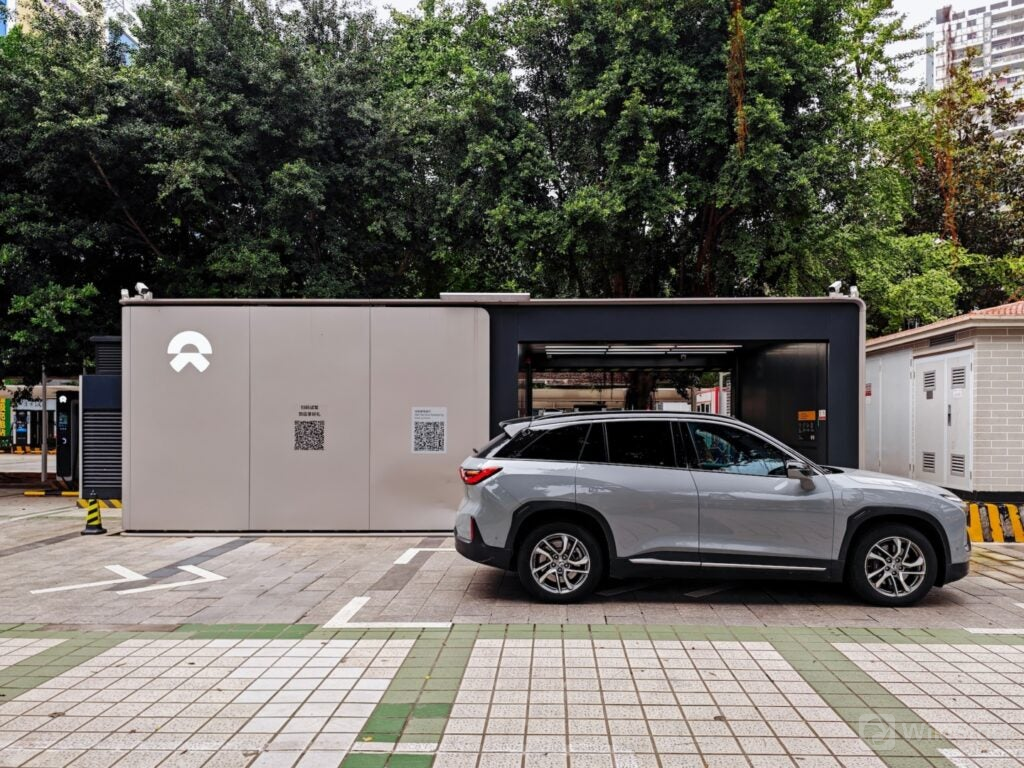Chinese Automakers To Grab 33% Of Global Market Share By 2030 Even After US And EU Tariffs: Report

Chinese automakers are projected to significantly expand their global market share, potentially reaching 33% by 2030, a recent report by AlixPartnerssuggests.
What Happened: The report, released on Thursday, forecasts a substantial rise in the global market share of Chinese automakers, from 21% this year to 33% by 2030, reported CNBC.
This growth is expected to be driven by a significant increase in sales outside of China, from 3 million this year to 9 million by 2030.
The report also predicts that Chinese automakers will expand across all global markets, with the most significant growth expected in regions such as Central and South America, Southeast Asia, the Middle East, and Africa.
“China is the industry's new disruptor – capable of creating must-have vehicles that are faster to market, cheaper to buy, advanced on tech and design, and more efficient to build,” said Mark Wakefield, global co-leader of the automotive and industrial practice at AlixPartners, in a statement.
Despite the rapid expansion, the report suggests that Chinese automakers will face challenges in Japan and North America, where stringent vehicle safety standards and a 100% tariff on imported Chinese EVs have been announced.
Why It Matters: There is a growing concern that the less-expensive, China-made vehicles will flood the markets, undercutting domestic-produced models, especially all-electric vehicles.
This report comes in the wake of China‘s significant investments in its EV industry. It was revealed that China had invested over $230 billion in the past decade to develop its EV industry, with the Chinese government’s financial backing accounting for nearly 19% of total electric car sales from 2009 to 2023, as per a study by the Center for Strategic and International Studies.
China‘s rapid rise in the EV industry has sparked trade tensions with the U.S. and the EU, with both imposing tariffs on Chinese EVs and EV batteries. In response, Chinese Premier Li Qiangdefended his country’s EV and lithium-ion battery industries, stating that the real source of Chinas strong competitiveness in these industries is its unique comparative advantages.
Additionally, Chinese automakers have reportedly urged Beijing to retaliate against the EU‘s tariffs on Chinese-made EVs by increasing tariffs on European gasoline cars. This move, discussed in a closed-door meeting organized by China’s Ministry of Commerce, underscores the escalating trade tensions between China and the West.
Byte refutes rumors of speculation on A-share Doubao concept stocks
How to develop a low-altitude economy
Doubao concept surges, IPO economy booms
5G enters the "second half", which stocks are the best to buy
Check whenever you want
WikiStock APP
